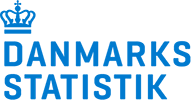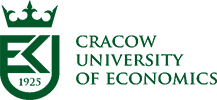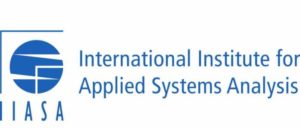SENEGAL: Drivers and trajectories of migration to Europe
Senegal has been a country of migration since the 1970s (15 million inhabitants/over 2.5 million diaspora members). Although most Senegalese emigrate within Africa, 41% of all Senegalese emigrants live in Europe.
This report is drawn up on the basis of research carried out in Senegal between 2020 and 2021 and is one of the outputs of the FUME research project. Its objective is twofold:
1) to illustrate the main environmental, demographic, socio-cultural, economic and geopolitical characteristics and patterns that, from the local to the regional and international level, shape internal and international Senegalese migration trajectories;
2) to analyse the results of the research undertaken in the Dakar region, including 30 in-depth interviews with potential migrants and 6 semi-structured interviews with migration experts.
The report is structured in three parts.
The introductory part sets out the objectives and justifications of the study, followed by the presentation of the main theoretical and methodological approaches adopted.
The second part of the report is devoted to the presentation of the context of analysis. It is organized around six chapters which provide an updated overview of the country. The first chapter of this second part illustrates the environmental characteristics of Senegal and describes the main changes in terms of population mobility dynamics at the national and regional levels. The second chapter consists of a demographic description of the past and present situation of the population, with particular attention to the main trends that are likely to influence the composition of future demographic patterns. The third chapter focuses on the socio-cultural characteristics that shape the composition and profile of the Senegalese population. The key topics taken into consideration are the role of education, social networks (e.g., family ties, religious, cultural and migration networks) and the socio-cultural roots of the propensity to move. The fourth chapter provides an overview of Senegal’s economic context, limiting its focus to regional development patterns. The fifth chapter provides a brief overview of the political context in Senegal. Particular attention is paid to geopolitical dynamics and political divisions, as well as current conditions concerning security and respect for human rights. The focus of the next chapter is on presenting the main migration policies implemented at the national level, aimed at internal mobility and international mobility to the European Union. In this sixth chapter, a final section is dedicated to the presentation of the main migration patterns in the Dakar region, the selected city of the research.
The third part of the report focuses on analysing the information provided by the interviewees, potential migrants and key experts.









